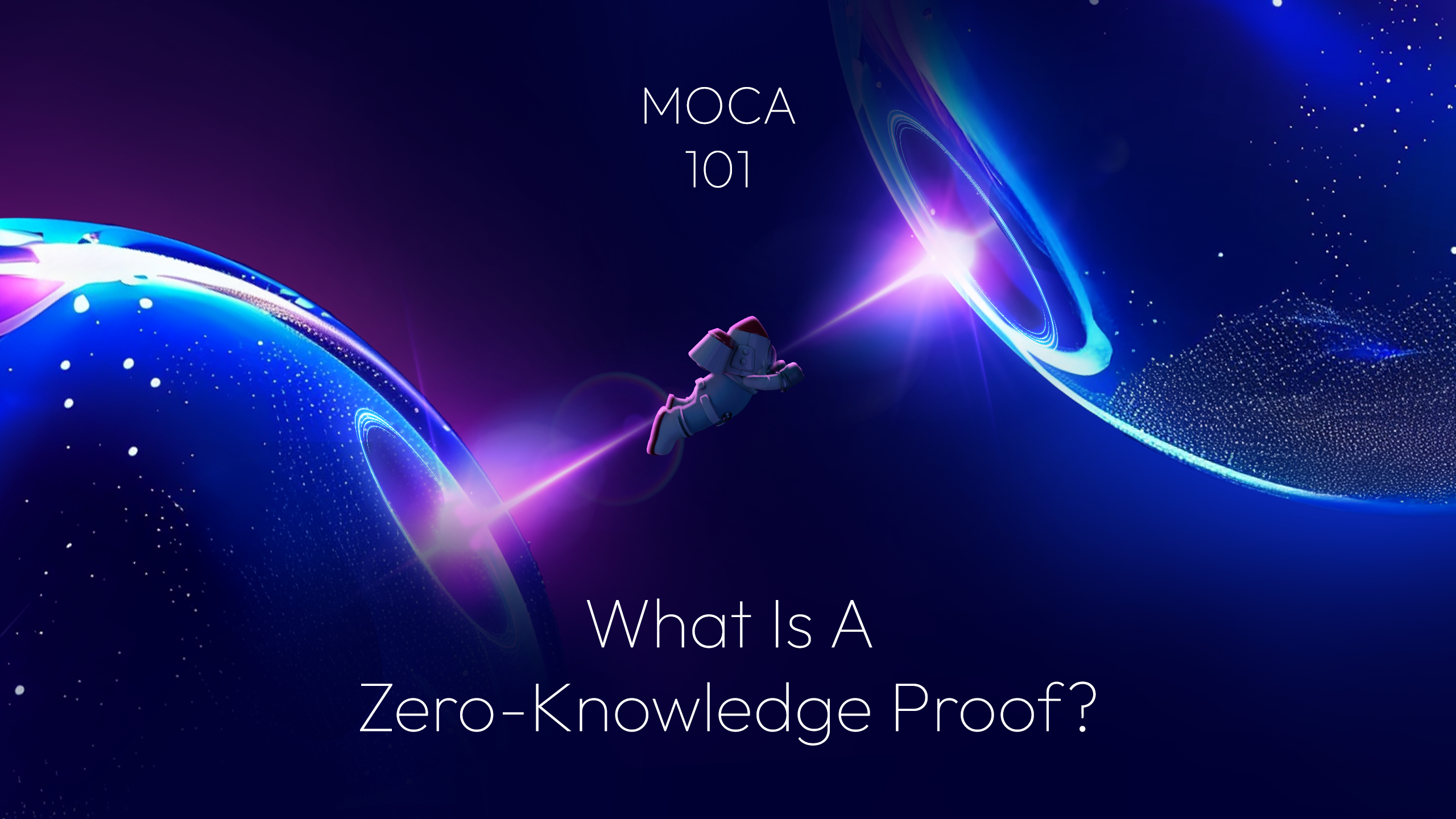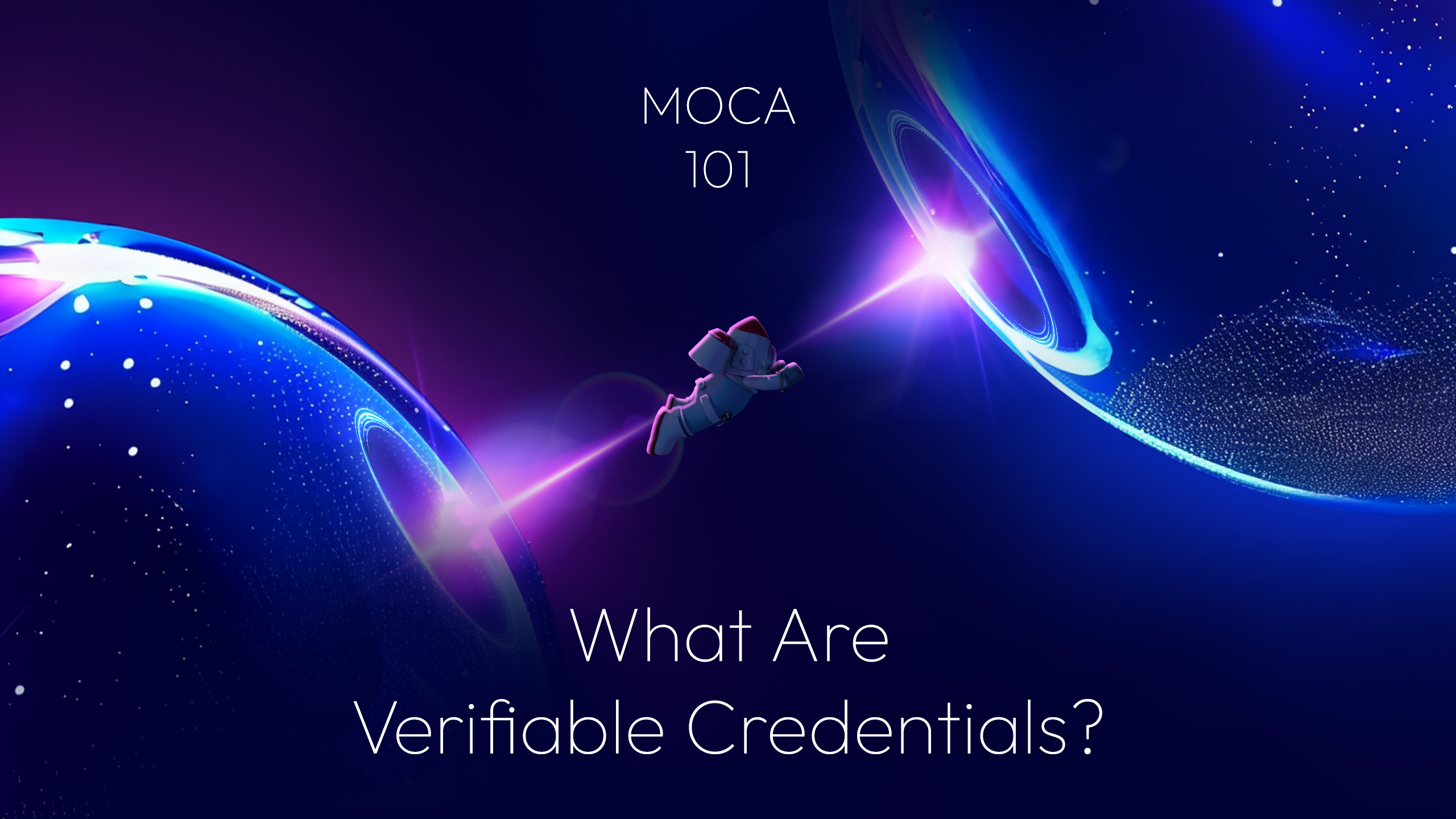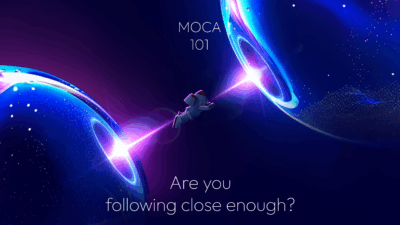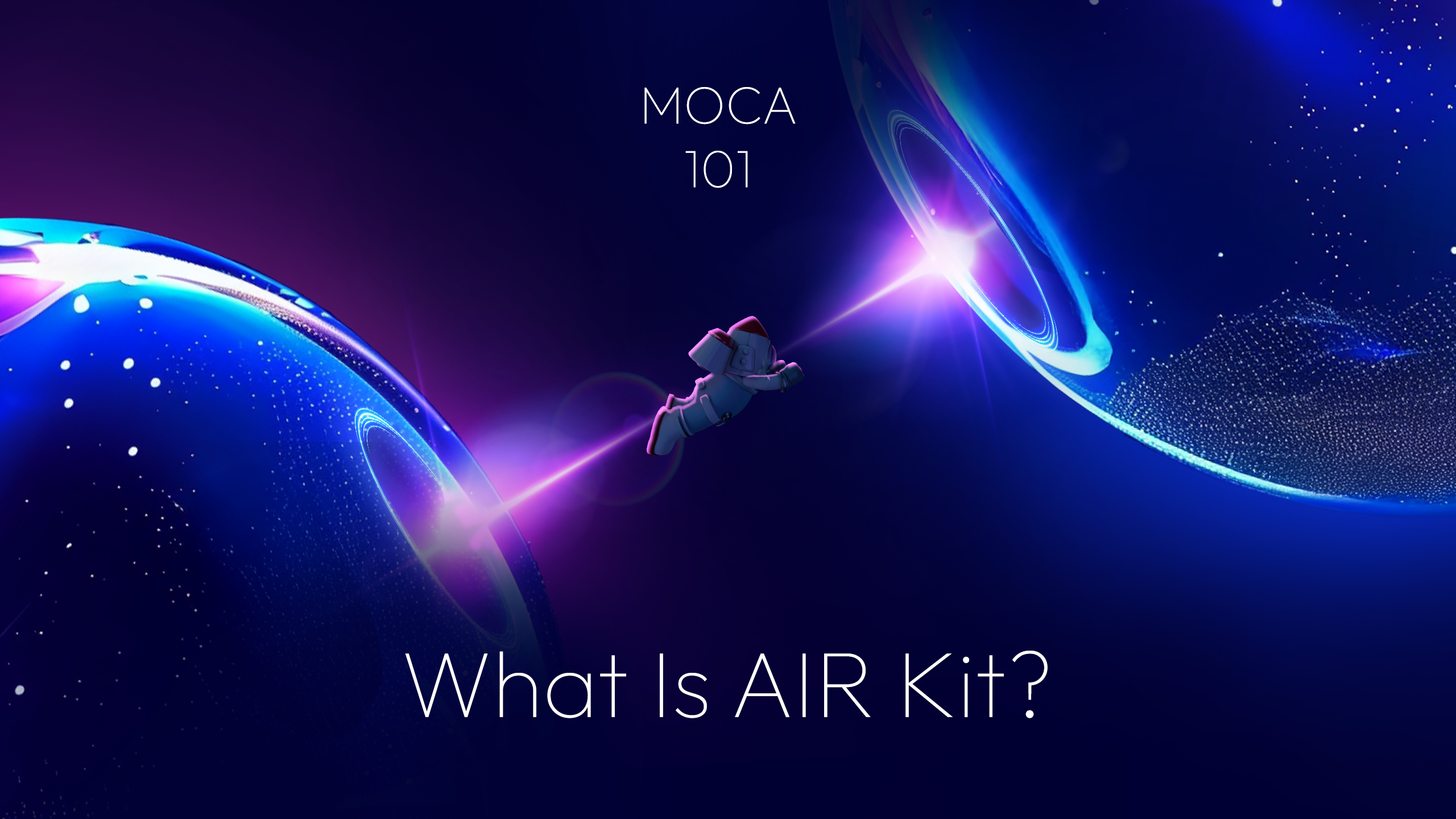Zero-knowledge proofs (ZKPs) are cryptographic tools that let someone prove a statement is true without revealing why it’s true or what the underlying data is. They enable trust between two parties without requiring personal data to be shared.
In a ZKP, the person making the proof can convince the verifier that a claim is valid without giving up the actual information. For example, you can prove you’re over 18 without showing your birthdate. The verifier gets a “yes” or “no” answer, and nothing else.
ZKPs are powerful in digital identity systems. Traditionally, proving identity means oversharing: showing full ID cards, exposing wallet addresses, or handing over passwords. ZKPs change that model by verifying facts without revealing extra data.
Zero-knowledge proofs align perfectly with the goals of the decentralized blockchain world: user control, data privacy, and trustless verification. Instead of relying on third parties, users can prove claims directly through cryptographic proofs—without ever exposing their underlying data.
Key Benefits of ZKPs
- Privacy: Prove facts like age, citizenship, or credentials without exposing the raw data.
- Security: No personal data is stored or transmitted, reducing the risk of data breaches.
- User control: Individuals choose what to reveal, when, and to whom.
- Compliance: Organizations can verify information without storing sensitive user data.
Example: Age Verification
To access an 18+ site, you usually show ID, which exposes your name and birthdate. With a ZKP, you prove “I am over 18” without disclosing anything else. Google, for instance, is testing ZKP-based age assurance where users can verify age without uploading ID or sharing their birthdate.
ZKPs and Data Minimization
ZKPs follow the principle of data minimization: share only what’s necessary. This reduces the attack surface for hackers and limits the amount of data companies need to store, making systems safer for everyone.
Moca Network is helping accelerate this shift. By integrating ZKPs with verifiable credentials, Moca empowers users with reusable, secure, and private credentials that can be verified on any chain and any app without compromising privacy.
Zero-knowledge proofs are setting a new standard for online identity. As apps, platforms, and ecosystems adopt verifiable credentials, users will be able to prove more while revealing less.
References
- Goldwasser, Micali, Rackoff, “The Knowledge Complexity of Interactive Proof Systems” (1985)
- Vitalik Buterin on ZKPs and Privacy in Web3
- EU GDPR Guidelines on Data Minimization
- Stanford Encyclopedia of Philosophy: Zero-Knowledge Proofs

